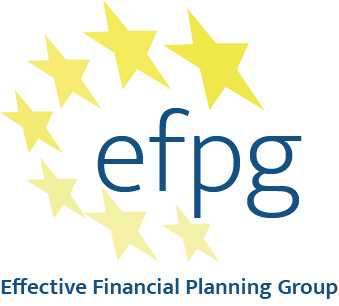Even experienced investors can fall victim to scammers. No matter how much experience and confidence you have with investments and finances, you could still be at risk. Investment scams are usually difficult to spot because they’re designed to look like genuine investments. The scammers may have a professional looking website and documents.
The investments on offer are designed to be attractive – higher than market rate returns are offered and often are purported to be guaranteed. Our personal greed can easily conquer our common sense when a large enough carrot is dangled.
There is a difference between an investment that drops in value and an investment scam. Investment funds can lose value significantly but this is generally down to normal market fluctuations or investment decisions. If you are advised to invest in such a fund, your adviser should have informed you that the value of the fund can go down as well as up. Generally, after a drop in value over time a decently managed fund will regain what it has lost and start making gains.
Investment scams, however, can be designed to fail and will only lose value – potentially completely. Other investment scams may not be designed to fail but are significantly more risky than how they have been portrayed when sold to you. You may lose a chunk of the amount that you have invested and you may not be able to gain access to what is left for several years if the funds have been invested in illiquid assets such as distressed property or private equity investments.
There are lots of individuals and entities out there searching for people and companies to sell fraudulent or extremely high risk investments to.
Avoiding Scams
Obviously do not respond to cold calls or unsolicited e-mails and GET ADVICE FROM A REGULATED ADVISER before making an investment decision.
EFPG thought by releasing a series of blog posts detailing some of the questionable investments that we have seen, it might help our readers to avoid some of the pitfalls of investing.
No 1 – The Kijani Commodity Fund
This fund was repeatedly presented to EFPG by other financial advisers to see whether EFPG (acting as pension trustees) would accept the investment in our pensions – we repeatedly rejected it.
The final time we were approached was when the fund was under investigation by the Mauritius regulatory authority. Subsequently the fund moved to the Cayman Islands, then suspended and eventually liquidated with a 100% loss to the investors.
It took EFPG a few minutes to reject this fund the first time round and on one occasion a new member of staff rejected it in around 5 seconds. Why? It had all the features of a Ponzi scheme.

The Fund’s June 2015 fact sheet suggested annualised returns of 20% were achievable and it had made just one loss month-on-month in four years.
The fund was supposed to be investing in commodities/co/mmodity companies but the performance of the fund bore no resemblance to the underlying commodity markets. The rationale of the incredible performance of the fund given to EFPG was that the fund made loans to a second entity and the interest receivable (not ever received) on those loans were the profits reported by the fund.
This second entity was called Kijani Resources and was an investment company mainly investing in commodity companies. However, the investment modus operandi, whilst being apparently above board, was subject to allegations that funds had been used to purchase shares in worthless shell companies whose Directors were personal/business acquaintances of the Directors of Kijani Resources. EFPG cannot state whether these allegations are factual or not but we can say that during our due diligence process, the information we gathered made us no more likely to permit investments in the fund than from our initial gut feeling.
The most famous Ponzi scheme of modern times was Bernie Madoff’s eponymous fund. For decades the fund reported strong investment returns that had been inflated by some $34 billion. A further $30 billion had been either misappropriated or returned to investors who had sold their shares at a false profit.







Recent Comments